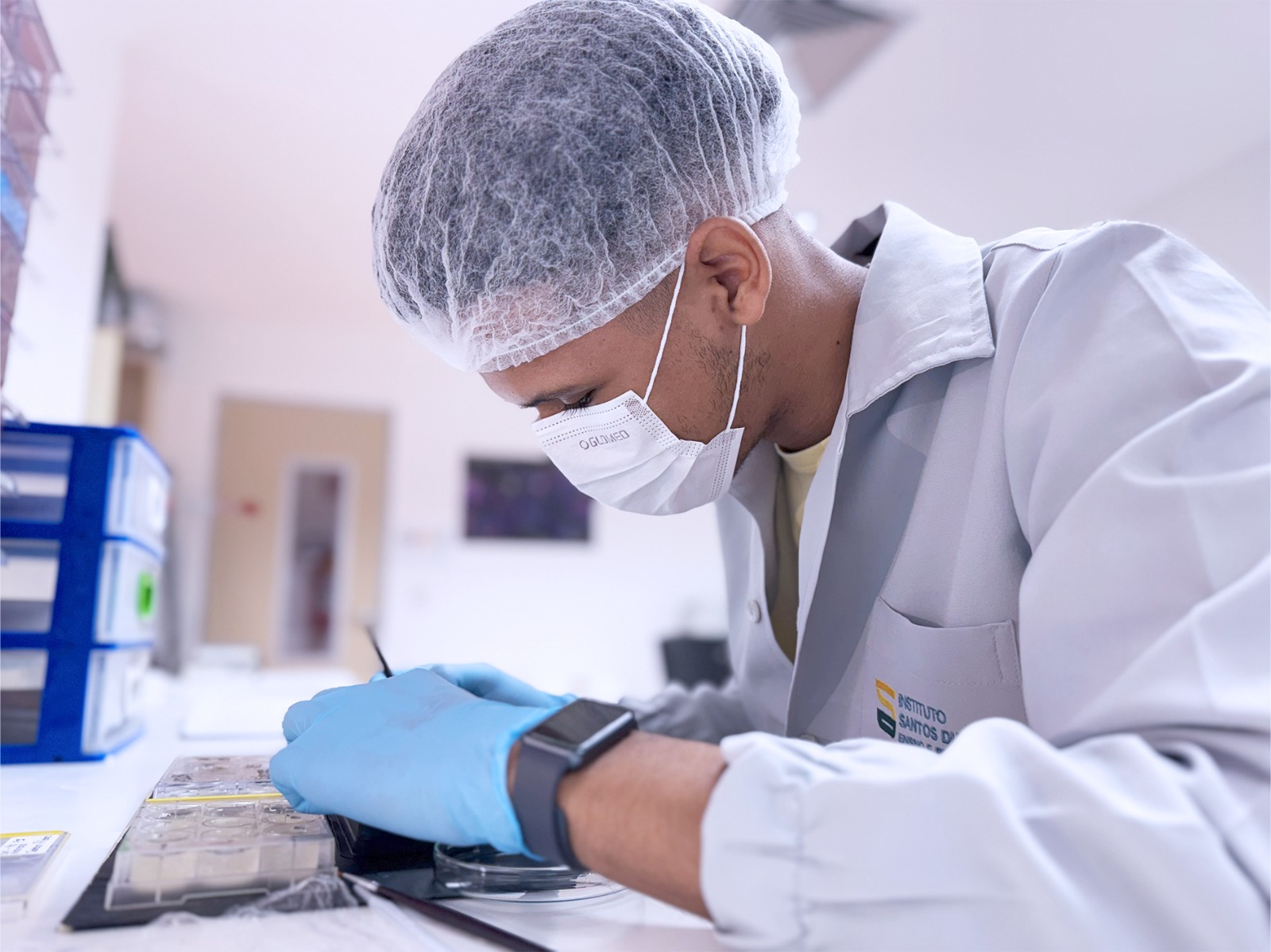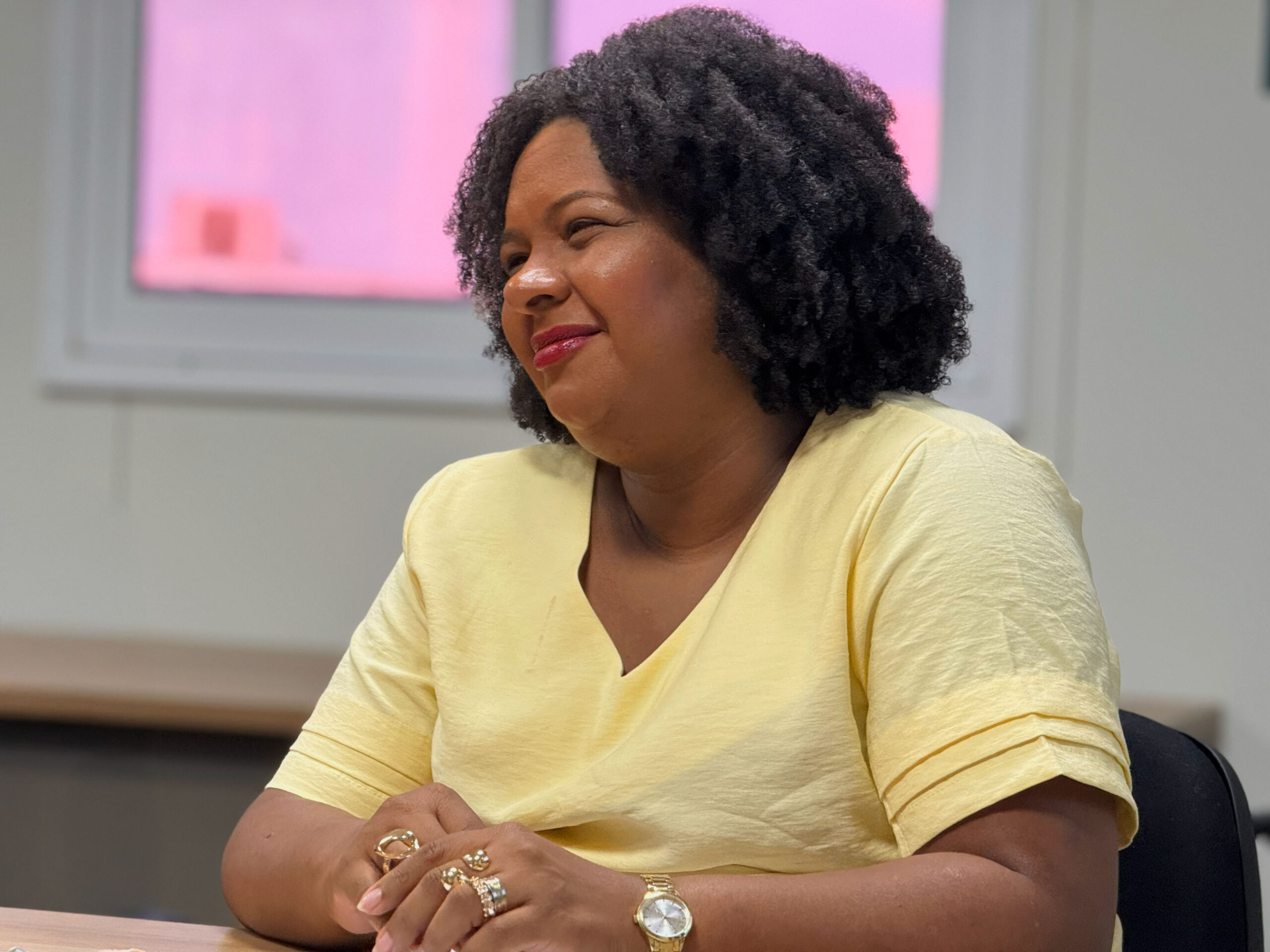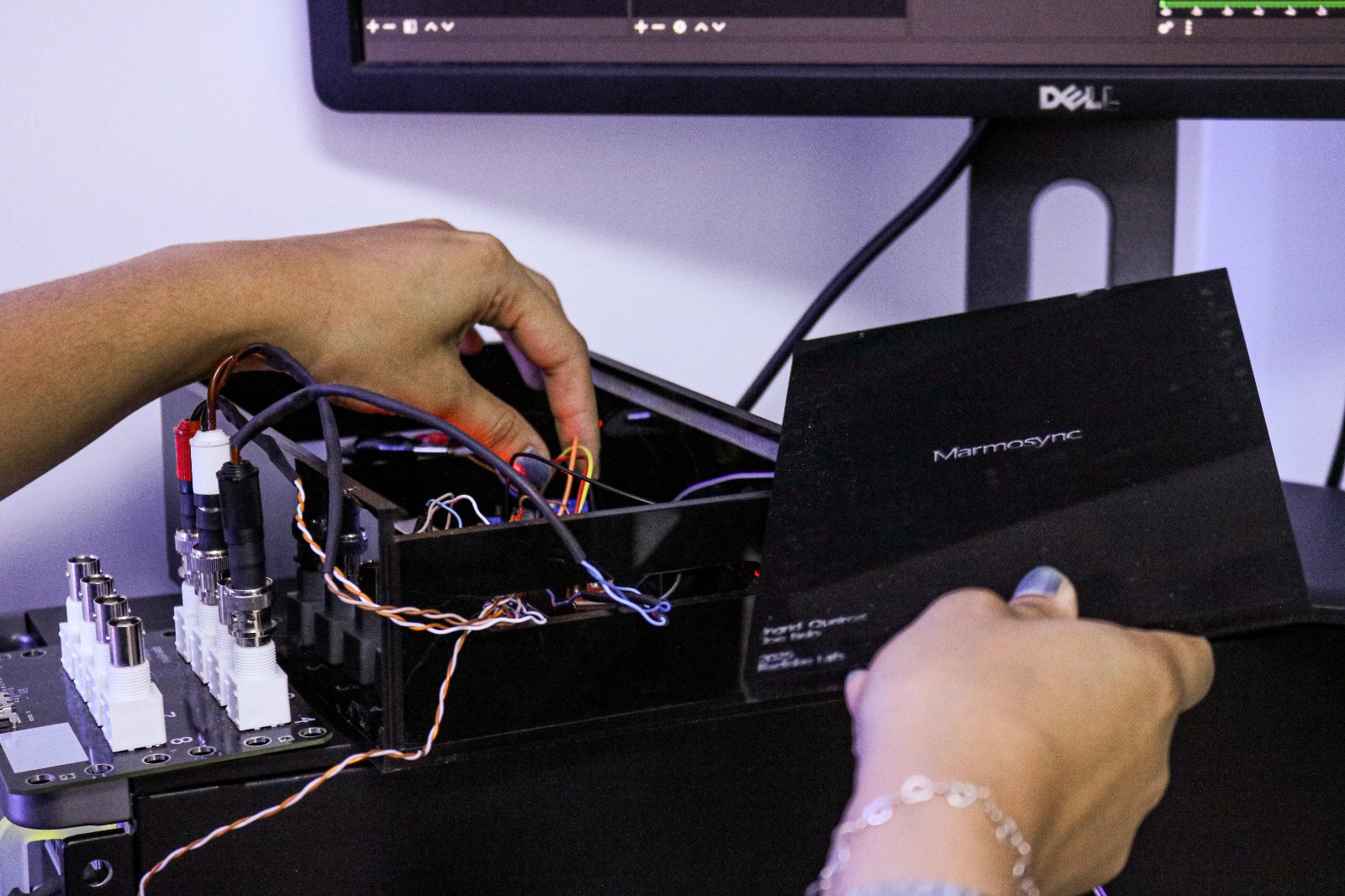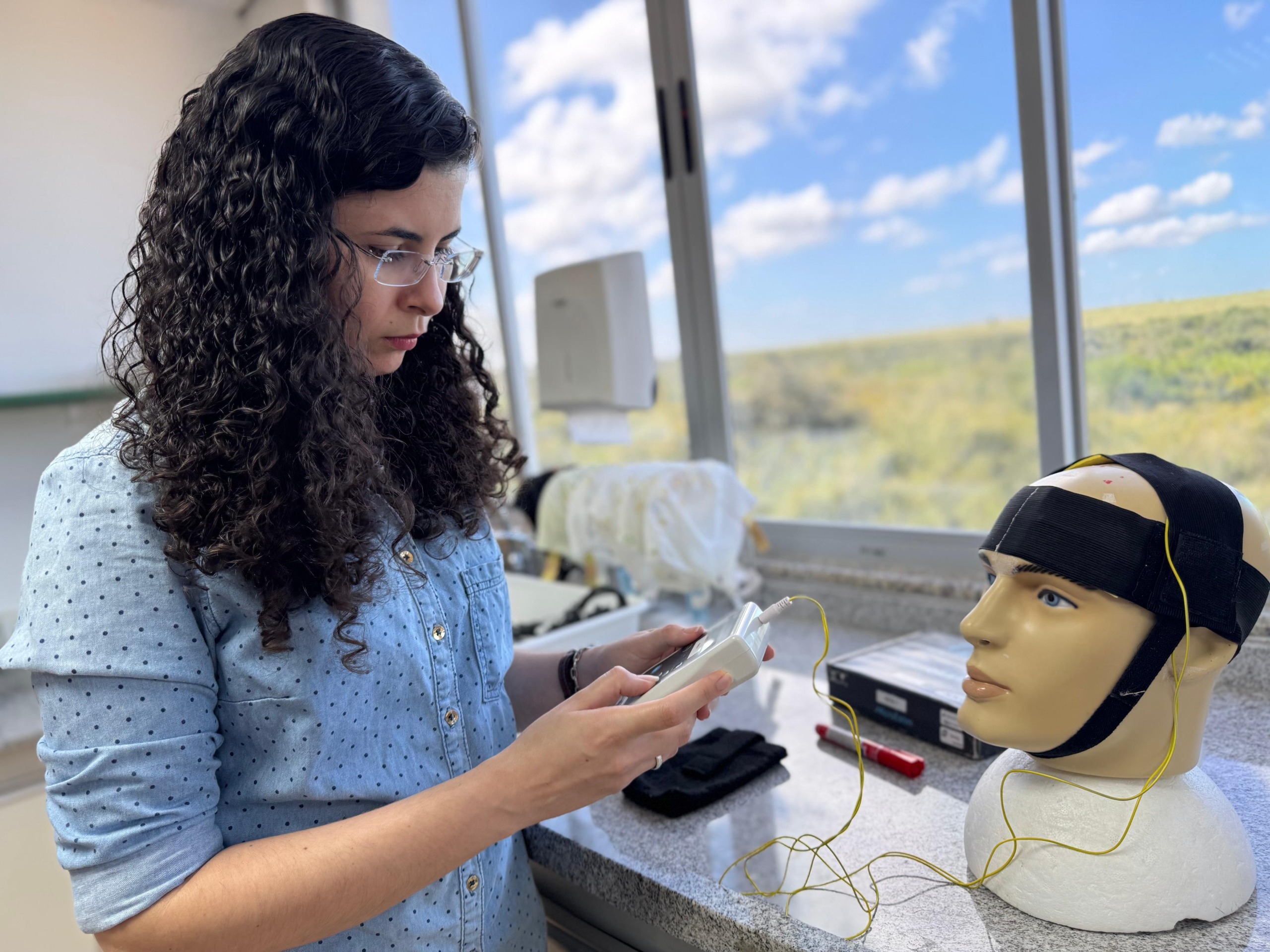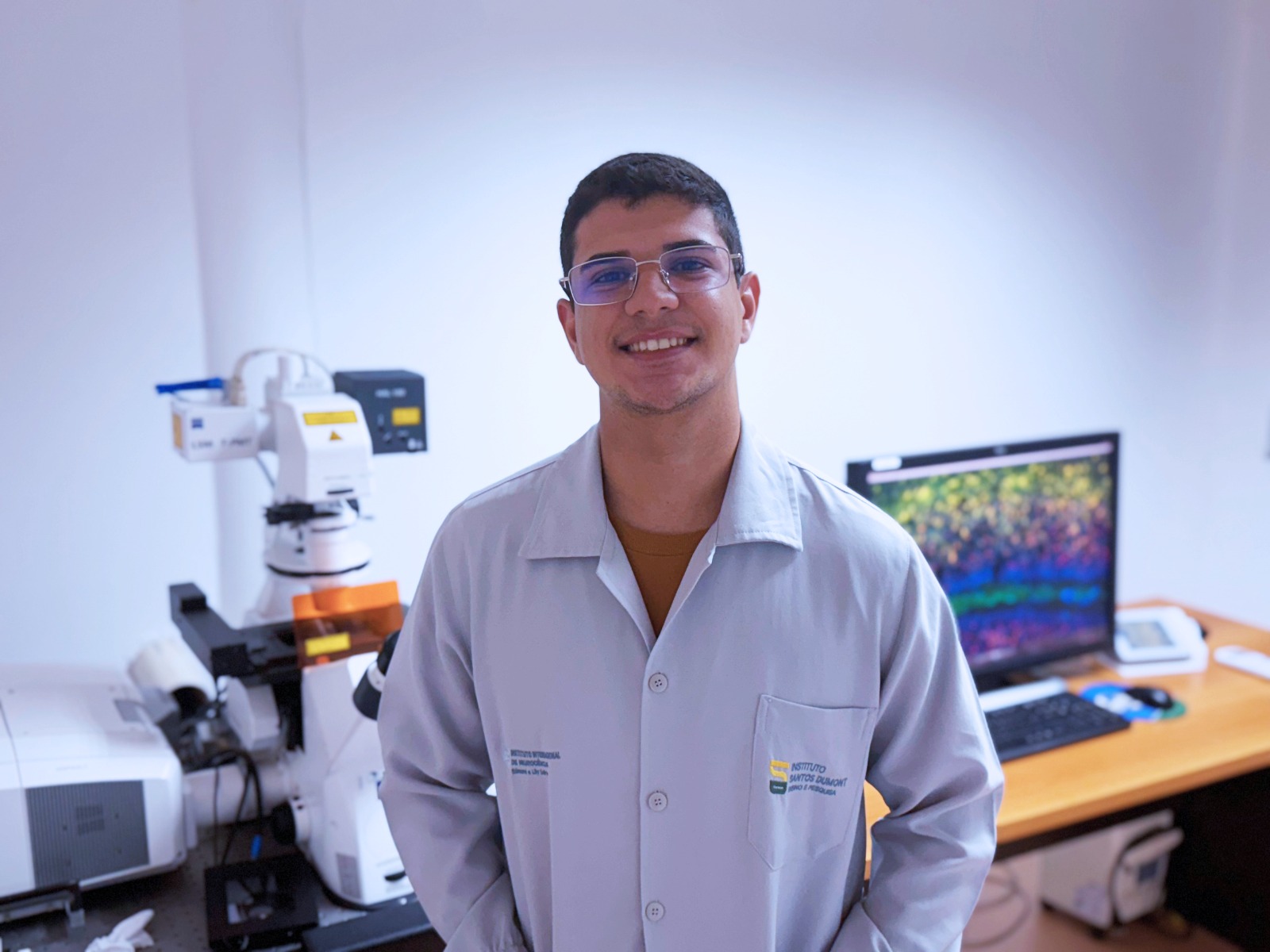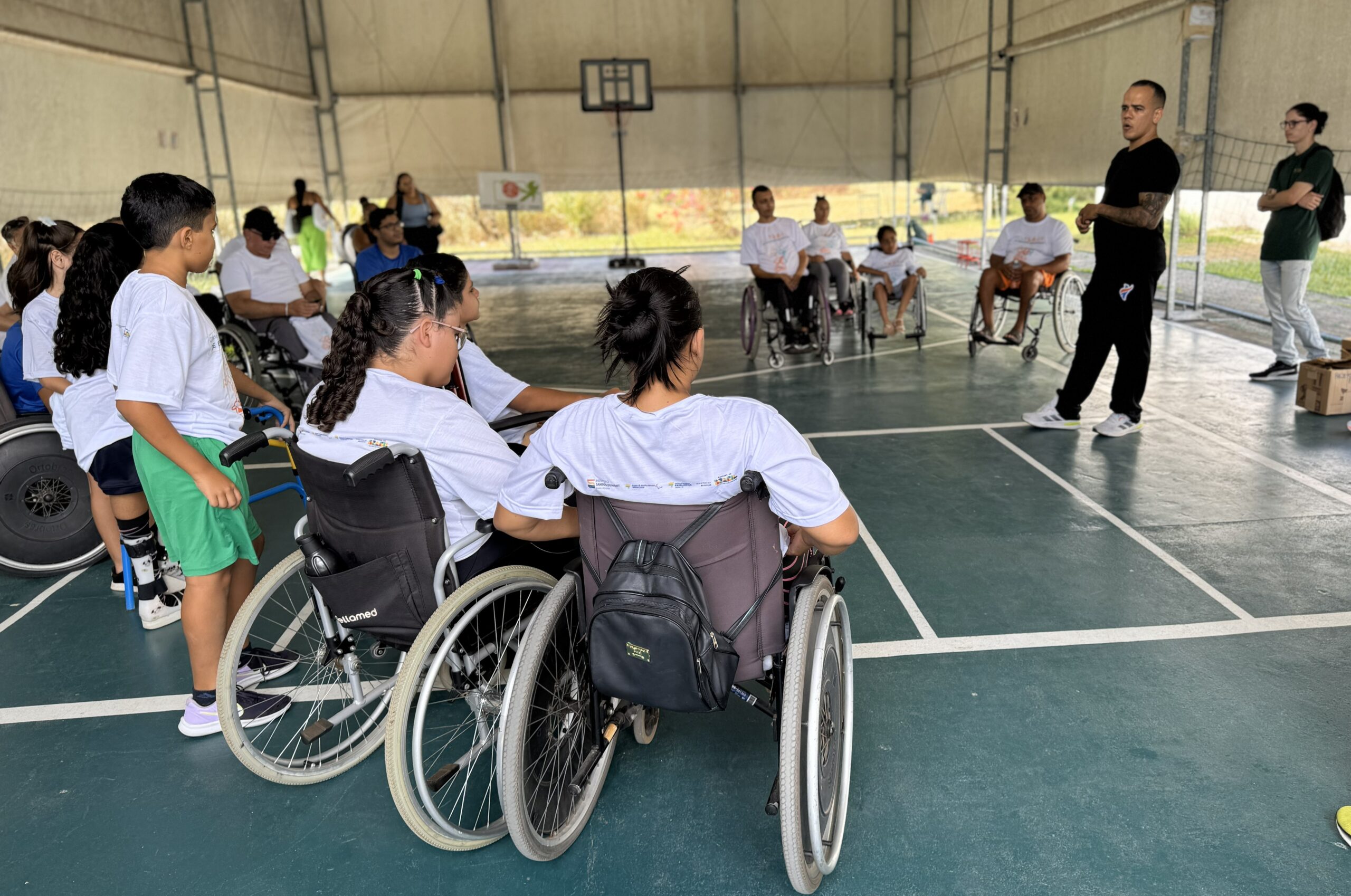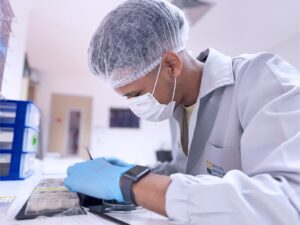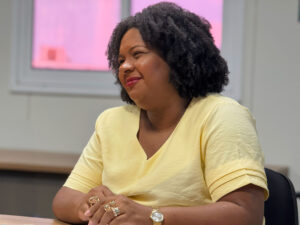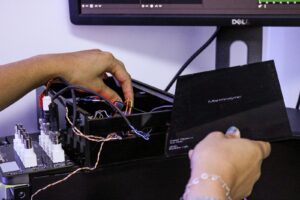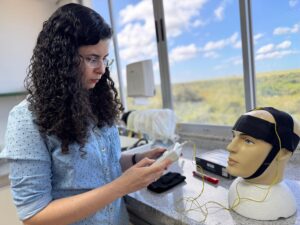From April 9th to 13th, the first group of Multiprofessional Residency in Health Care for Persons with Disabilities (RMSPD) of Santos Dumont Institute (ISD) was met with diverse educational strategies. The ISD Multiprofessional Residency Welcoming and Integration Week aimed to encourage equity for the appropriate and effective care of People with Disabilities (PwD). The eight new residents were also able to exchange experiences with each other, in addition to learning about the work carried out by the multidisciplinary teams of the Anita Garibaldi Health Education and Research Center (CEPS) It's from Edmond and Lily Safra International Institute of Neuroscience (IIN-ELS).
The Director of Teaching and Research at ISD, Reginaldo Freitas Junior, states that the National Health Policy for People with Disabilities proposes, in its guideline, among other actions, the training of human resources and institutional responsibilities and points out that the training of health professionals for the development of actions resulting from this Policy is a priority. The Director mentions the fact that the Institute's Residence is a pioneer in Brazil because it is specifically focused on health care for people with disabilities, bringing the perspective of expanded care and interprofessionality. He emphasized: “Creating the Residence is one of our strategies to strengthen the Unified Health System (SUS). The System is made by people, so let's train them with another vision, let's make them multipliers of this knowledge”.


Second lilian lisbon, Coordinator of ISD's Multiprofessional Residency Commission, the reception and integration week was designed to introduce the first group of residents to the services offered at CEPS, including the Center Specialized in Rehabilitation (CER III), and awaken in them the multiple possibilities of the scenario where they decided to act: “Our students had experiences about what it is like to be a person with a disability and the role of rehabilitation in their lives. In addition, they were able to express their expectations and aspirations, and also discover worlds that they had not yet recognized”, said the coordinator.
In addition to CEPS professionals, the activities had the participation of external guests who spoke on various topics such as the perception of people with disabilities about health care, visual impairment, cochlear implants, Down syndrome and spinal cord injury. In many rounds of conversation, residents were able to hear reports from both people with disabilities and their caregivers. And one of the aspects addressed was the perspective of reversing prejudices and promoting full citizenship to people with disabilities.


On the first day, residents in the areas of social work, psychology, speech therapy and physiotherapy were encouraged to carry out activities using wheelchairs, crutches and blindfolds, for example, accompanied by the boy Joao Gabriel Castro, a member of Associação Neurinho (RN) and user of the physical rehabilitation service at CER III, who acted as a “teacher guide” for residents during their visit to CEPS facilities. Reginaldo explained that the activities of the reception week, in which people with disabilities themselves, their families and caregivers acted as “teachers”, were aimed at provoking residents to reflect on what comprehensive care means, drawing attention to the needs of PwD beyond technical issues related to health, and for the perception of disability as part of human diversity.

The doctor Érico Gurgel Amorim, who is blind, spoke about the theme “The two visions: what is essential is invisible to the eyes” and addressed the issue of visual impairment both from the perspective of those who care and those who are cared for. He was happy with the start of the ISD Multiprofessional Residency and said that this “is a transformative training. From that, we will be able to tread new paths, compared to before, when we did not have this openness to expanded health, focused on inclusion”. Érico mentioned that when disability is treated as a disease, there is a distancing from social life, transformation and inclusion: “The ISD Residence allows precisely to expand this perspective of bringing people with disabilities to interact together in the social environment”.


Check out more stories:
Glauciane Santana – President of the RN Down Syndrome Association
“We are the oldest Association in the country that does not have a welfare profile, because we understand that this is not the role of the institution, but to provide instruments for people to empower themselves with citizenship. The associative movement makes us question our place in the world as citizens. The proposal of an institution like ISD is to spread knowledge. A professional who passes by here can attend anywhere without repeating old care practices”.
Érico Gurgel Amorim, physician
“It is very useful in this context for us to perceive the difference that there is in the other and that there is in all of us. It is from these differences that we build a world of pluralities and the richness that exists. This awareness-raising dialogue will allow us to better understand this world of differences and potential. We, in fact, live in society from a collective construction, from collective yearnings for the congregation of these differences”.


THANKS
Instituto Santos Dumont (ISD) would like to thank the following institutions and people for their generosity in sharing the richness of their life and work experiences and for making themselves available to help ISD carry out the Week of Welcoming and Integration of Multiprofessional Residency in Child Care Health of People with Disabilities - Class 2018: Anailson Márcio Gomes, Down Syndrome Association of Rio Grande do Norte, Associação Neurinho, Bráulio Costa, Carlos Henrique da Silva Maia Coral of the Institute of Education and Rehabilitation of the Blind of Rio Grande do Norte, Érico Gurgel Amorim, Flávio Freitas, Gabriel Galvão Prestes, Gabriel Santiago Gomes, Glauciane Santana, João Gabriel de Castro Oliveira, Juliana Andrade de Castro Oliveira, Luciana Pereira da Silva Monte, Luiza Santos Moreira da Costa, Márcia Marina Santiago Gomes, Sônia Miriam Galvão BacurauValéria Cristina Montenegro Batista Lins
Text and photos: Ariane Mondo / Ascom – ISD
Communication Office
comunicacao@isd.org.br
(84) 99416-1880
Santos Dumont Institute (ISD)
Social organization that maintains ties with the Ministry of Education (MEC) and whose mission is to promote education for life, forming citizens through integrated teaching, research and extension actions and to contribute to a fairer and more humane transformation of the Brazilian social reality.




